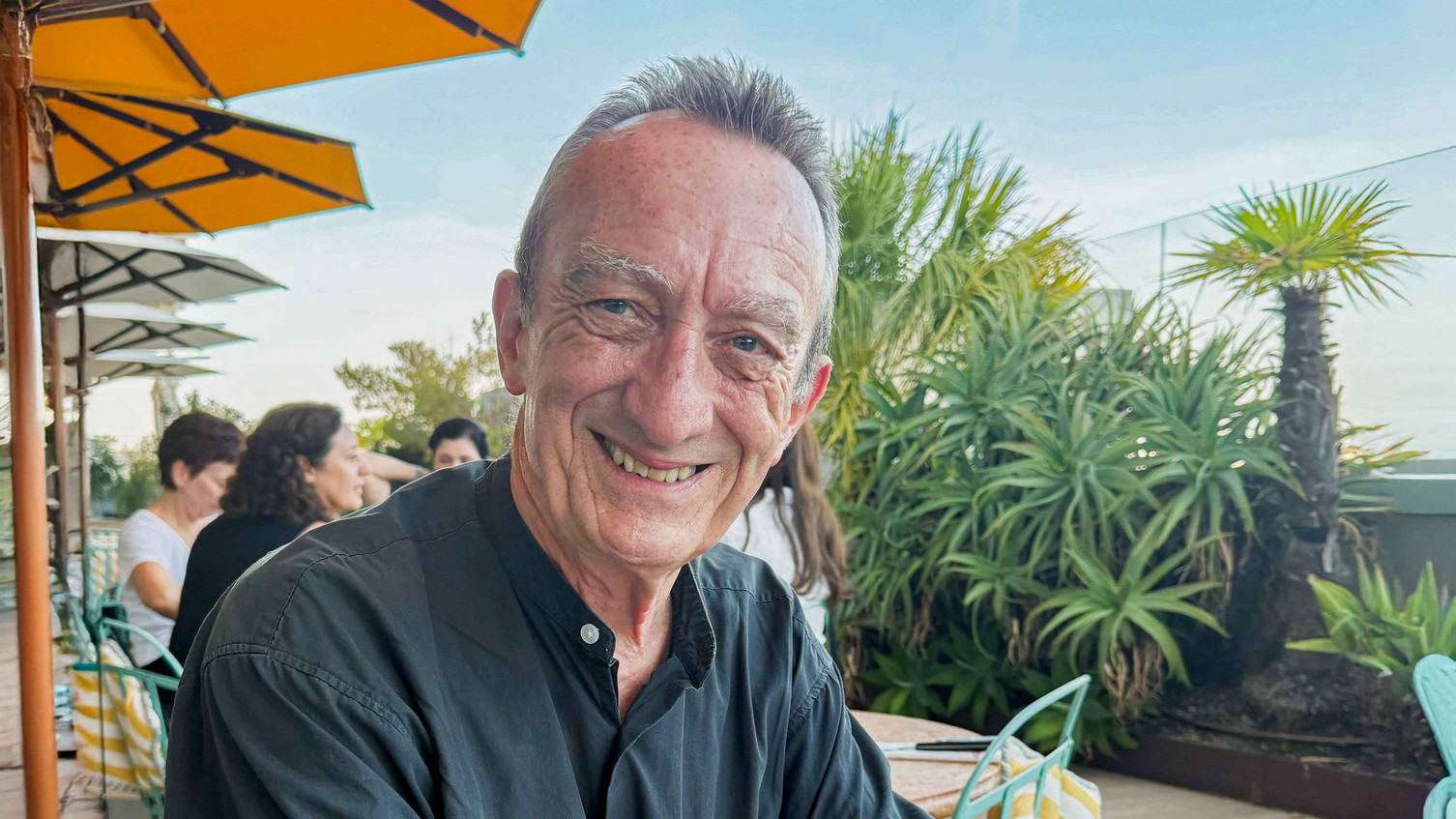Climate Futures: “I cannot recommend sustaining anything. I want to make things better” (Seán Cubitt)
2025-11-14 Our era is marked by climate change, rapid digital advances, global conflicts, and social inequality. Concerns and hopes regarding the future of humanity and the planet in the face of these transformative processes are also addressed in popular culture products. Prof. Seán Cubitt (University of Melbourne) focuses on such visions of the future in his work on media ecology and ecocriticism. Prior to his stay as Senior Fellow at the Centre for Digital Cultures (CDC) in December 2025, the media theorist provides insights into topics he will discuss with Leuphana researchers and address in his public lectures (info below).
As digital technologies increasingly define modern life, a pressing question emerges: What are the hidden costs of our digital world – from the massive energy demands of AI and data harvesting to the sprawling infrastructures of global connectivity? “From a pessimistic viewpoint, digital technologies are dead set against any kind of climate future. Like all profit, income from AI is structured as future income for past expenditure, meaning that the future is already structured as debt. So long as the only economic future is debt, and so long as governments apply normative economic criteria to the test of whether policies are ‘realistic,’ there is no future, climatic or otherwise.” With this dystopian perspective, Seán Cubitt calls for a rethink of sustainability in the age of social media, streaming, and satellite networks.
Together with researchers of the key subject area (KSA) “Climate Futures in Digital Cultures” of Leuphana’s Embracing Transformation program, he will explore ideas for innovative, equitable, and environmentally responsible paths forward. The KSA investigates how climate future scenarios are constructed, imagined, and shaped in digital cultures – its premise being that digital media technologies contribute to the climate crisis while also offering solutions. Cubitt points out that “the challenge is not to produce a future capable of sustaining rates of profit and social stability. It is to imagine – and beyond that to begin to make – ways of living better. This will require re-imagining the future as something other than an extension of the present. Recognising that the living are that privileged generation existing between past and future should help understand that we living mortals have obligations to the world that went before and the world that comes after us.”
Just as there are films about the end of the (human) world, there are also pop cultural expressions of what might come after. Like Mad Max, many films deal with the persistence of humans after the end of the natural world, or they create utopian scenarios, as recently in Greta Gerwig’s Barbie movie. For Cubitt, even the latter is a post-apocalyptic world, a devastated badland, but “the end is not restricted to bad things: living in the end times, as we must, can also produce accommodations to existing conditions that make survival more than eking out an existence in the rubble of the past. After considering, after imagining, there is the work of making a world that is true to its many inhabitants, good for everything that lives, has lived, or lives in ways we can only imagine.”
However, we should not leave it at visions of the future alone: “The good life, living well, for all humans and non-humans requires a common project of dreaming up other ways to be. Ernst Bloch wrote ‘Hope would not be hope if it could not be disappointed,’ but imagination is only imagination if it can be realised.” The media theorist therefore states: “I cannot recommend sustaining anything. I want to make things better.”
In his research, Seán Cubitt links film and media studies with ecocriticism, technological, aesthetic, economic and political history, and the media arts and aesthetics. He published monographs and book contributions relevant for Leuphana’s CDC and the KSA “Climate Futures in Digital Cultures”, most recently Three Digressions (on the Way to Eco-Aesthetic Politics) (2025) and Posthumous Sound and the General Imagination (2024). As Senior Fellow of the CDC, he will present his current research projects and discuss the research program with the leading professors and participating scholars of the KSA. In addition, he will give two public lectures.

